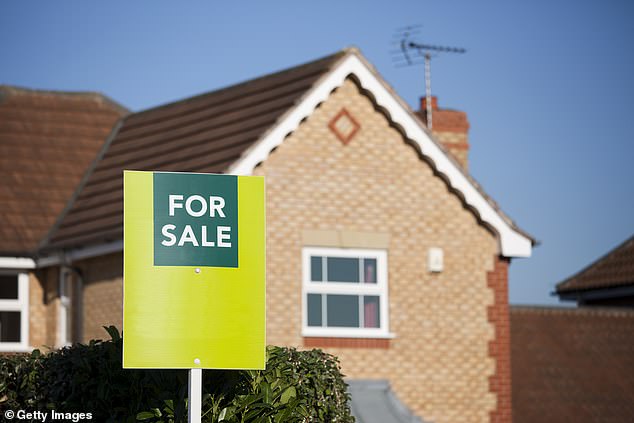Table of Contents
One of the many unique things about buying a home at auction is that once the hammer falls and you are the winning bidder, you are legally obligated to purchase it.
The fall of the hammer at the auction is binding and it is at this point that contracts are exchanged, so unlike a traditional purchase, there is no going back.
The clock is ticking and you normally have 28 days to complete it.
In this article, which is the final installment of our three-article series on purchasing property at auction, we look at what happens after the auction and what you should do to ensure a smooth completion.
The good news is that if you did your homework before the auction, everything should now be a formality. However, there are still things you need to do.
Sold! We take a look at what happens after the gavel falls and you are the winning bidder on a property up for auction.
Before leaving the auction room
Ian Kitson, of Cheffins auctioneers and estate agents, highlights the wave of emotions you can feel once the gavel falls and you are the winning bidder.
He says: “When the gavel falls and you are confirmed to be the highest bidder, for most buyers there is often a huge sense of joy and relief and a rush of adrenaline.”
When your heart rate starts to drop, the most immediate thing to do is to sign the memorandum of sale in the auction room (or remotely if you’ve been bidding online) and pay the deposit. Typically it is 10 percent of the purchase price.
These two steps confirm the exchange of contracts and the countdown begins to complete the sale.
Keep everyone informed and put money in order
At this stage, it is vital to communicate with all parties involved.
This includes informing your attorney that you have exchanged contracts, along with your financial broker, or whoever is arranging your funds.
Kitson adds: ‘The next task is to notify your solicitor of your success and inform him that the auctioneer will send the sale memorandum in the next few days.
‘Your solicitor should already know the property (assuming you have asked him to review the pre-auction legal pack) and will therefore liaise with the seller’s solicitor to organize the conveyancing documents and ensure everything is in place. ready for completion, which is normally set between four and six weeks after the auction.
“Your solicitor will usually ask you for the balance of funds for the purchase a few days before completing it, so make sure the required money is available in your account and available to transfer within the required timeframes.”

Ducks in a row: In addition to organizing the transfer of documents and getting your finances in order, experts recommend taking advantage of the time after the auction and before its end to prepare for renewals.
Meet the completion deadline
Andy Thompson of Pugh Auctions explains that one of the biggest advantages of auctions is having a 28-day completion time.
He says, “Although this can be a little discouraging, everyone works better when a deadline is met.”
Buying a house can take five months, but at auction it can take less than five weeks
‘If you are planning to purchase a property through a private contract, there may be five months between acceptance of the offer and completion. But here it may take less than five weeks.’
He warns that it is important to keep communication channels open after the auction and before its end.
“Everyone needs to know the sense of urgency and if there is a problem, you can act accordingly,” he says.
‘For example, if you have a busy solicitor and it is difficult to reach your financial agent, things may be forgotten or overlooked.
‘The more you communicate with all parties, the easier it will be to resolve.

Time trial: Andy Thompson of Pugh Auctions explains that one of the biggest advantages of auctions is having a deadline
‘The seller has come to the auction to make a quick, safe and transparent sale. They haven’t come to steal your deposit.
‘Sometimes in life things don’t go as planned, but you have a better chance of working things out if you are transparent.
‘Don’t bury your head in the sand and leave a call the day before completion to say you won’t be ready.
“If you can communicate early and show that you are working hard to solve it, then it is more likely to work.”
He also says it’s worth taking advantage of this time after the auction and before it ends to bring dealers together if renovation work needs to be done.
Take out insurance for your property at auction
“The other thing to arrange immediately after the auction is the necessary insurance for the property,” says Kitson.
In many cases, the legal package will state that the buyer must take out the insurance from the point of exchange (i.e. the auction) and therefore buyers should arrange this quickly to ensure they have a current policy.
“The four-week period between auction and completion passes incredibly quickly,” he adds.
Keep in regular contact with the auctioneer and your solicitor, be organized and you will be fine.
“And, of course, you can start getting excited about what you plan to do with your new acquisition.”


